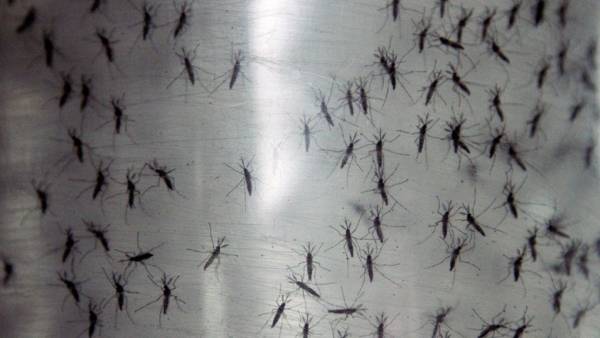Malarial mosquitoes in Zanzibar has adapted to the persecution
Scientists from Sweden summed up years of study of malaria control in Zanzibar. It appeared that malaria had almost given up, but not quite.

Zanzibar is an Autonomous region of Tanzania, two Islands in the Indian ocean in 30-killometrah from the African coast. As in most countries of sub-Saharan Africa, which account for about 80% of malaria cases in Zanzibar the problem with this disease is acute. Since 2003 in the country’s campaign against malaria. Measures not so much — spraying with residual insecticides in the premises, distribution of mosquito nets treated with insecticides, treatment of cases of malaria using artemisinin (the invention of this drug was awarded the Nobel prize in 2015), and diagnosis of the population using tests for antibodies to the malaria Plasmodium and polymerase chain reaction.
News Infection that can come with you from vacation
Infection that can come with you from vacation
Scientists from the Karolinska Institute in Sweden follow the progress of the malaria campaign in two districts of Zanzibar, where in total lives 100 000 people since 2003. Every year they take the tests several hundred households, watching how apply measures to combat disease and believe the bites of mosquitoes.
At first glance, the situation looks very good for years of active combat, using nets managed to dramatically reduce the number of mosquito bites received by a resident of Zanzibar in 2003 he was bitten by 12.44 times in a night, and in 2015 — already of 0.26 times.